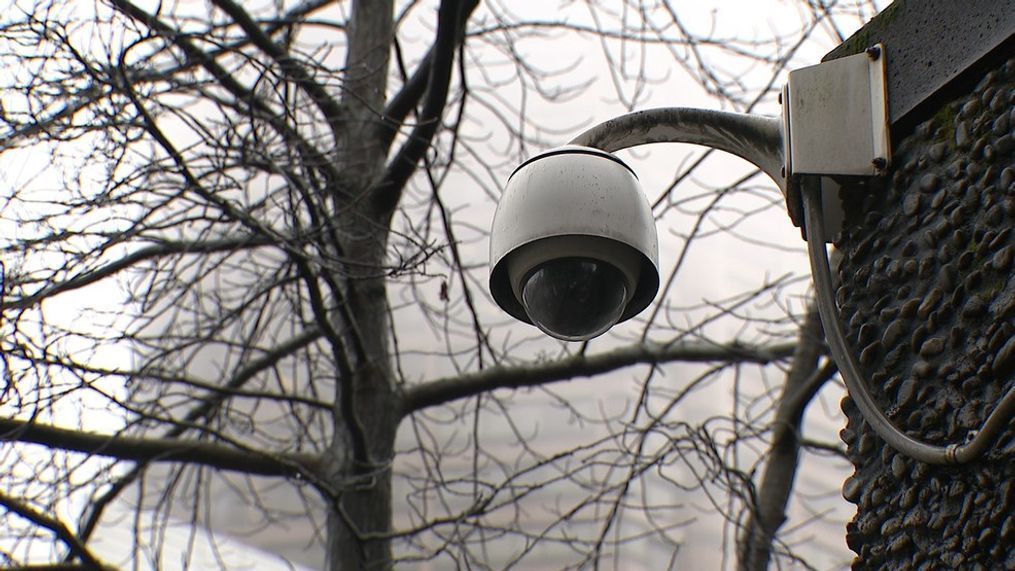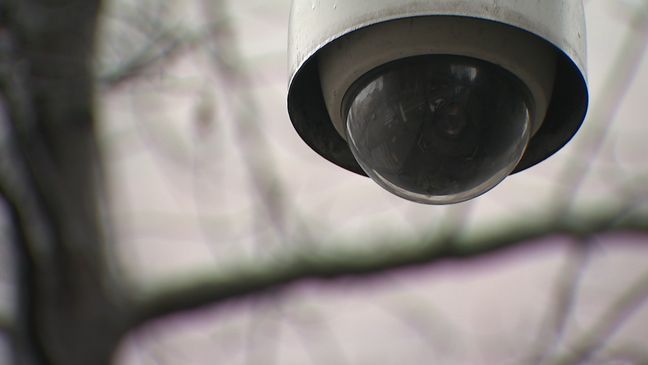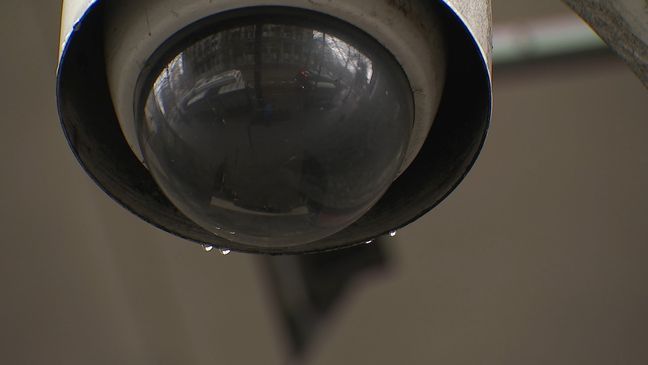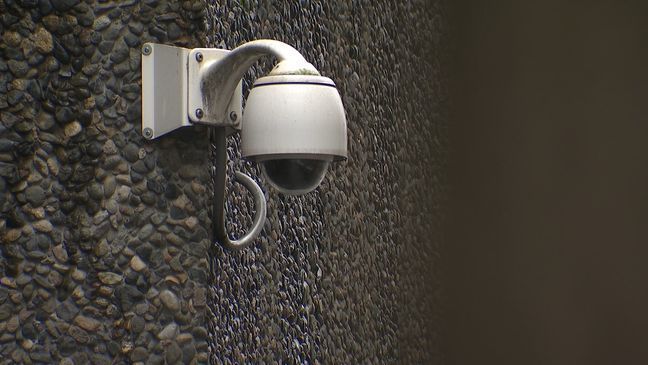Could surveillance cameras help curb violence in Seattle's most crime-plagued areas?
SEATTLE — Ahead of a major pilot program that would introduce surveillance technology in Seattle's most crime-plagued neighborhoods, KOMO News learned the city of Seattle may eventually expand the program to Capitol Hill as well.
In October, Seattle Mayor Bruce Harrell approved a new surveillance technology program that would work with the city’s real-time crime center to address crime and gun violence. As part of this program, a series of surveillance cameras were approved to be installed in three crime hotspots of Seattle, including along North Aurora Avenue, as well as in the Chinatown-International District.
According to Harrell, the technology would help give real-time information to officers about a crime scene before they even get there.
Ahead of the pilot program's launch in early 2025, KOMO News learned city leaders are already exploring a plan that may eventually add the cameras along Cal Anderson Park, as well as in the Pike/Pine corridor of Capitol Hill.
RELATED: Man stabbed in Seattle's CID as mayor approves new anti-crime technology
According to Deputy Mayor Tim Burgess, both Cal Anderson Park and Pike/Pine were recently identified by the Seattle Police Department as areas of trouble for disorderly conduct and drug crimes. As a result, he said discussions are likely to happen in the spring of 2025 to add the city's new surveillance technology program to those areas as well.
Before any such move, city officials told KOMO News that they would examine the results of the initial cameras set up in other areas of Seattle. If the cameras led to a drop in crime and successfully informed responding police officers about a specific incident, then there would likely be a motion to introduce the program to Capitol Hill. Any such decision would require authorization by Seattle's city council members.
During the pilot program's initial authorization in October, city officials said that the goal of the cameras was to address gun violence, sex trafficking, and felony crimes and would not be used to investigate issues involving immigration or anyone getting reproductive or gender-affirming care.
ALSO SEE: Seattle City Council to vote on using surveillance cameras in crime 'hot spots'
They added that the video would be stored for 30 days and then scrubbed. Additionally, they said a public dashboard would be set up so people could have access to information on what would be recorded. City leaders also said the systems would not use facial recognition technology.
“Not only will the CCTV’s create a deterrent effect, they will also alert police immediately to dangerous events and provide critical evidence to increase accountability for violent criminal acts," said Seattle Police Department Interim Chief Sue Rahr.



